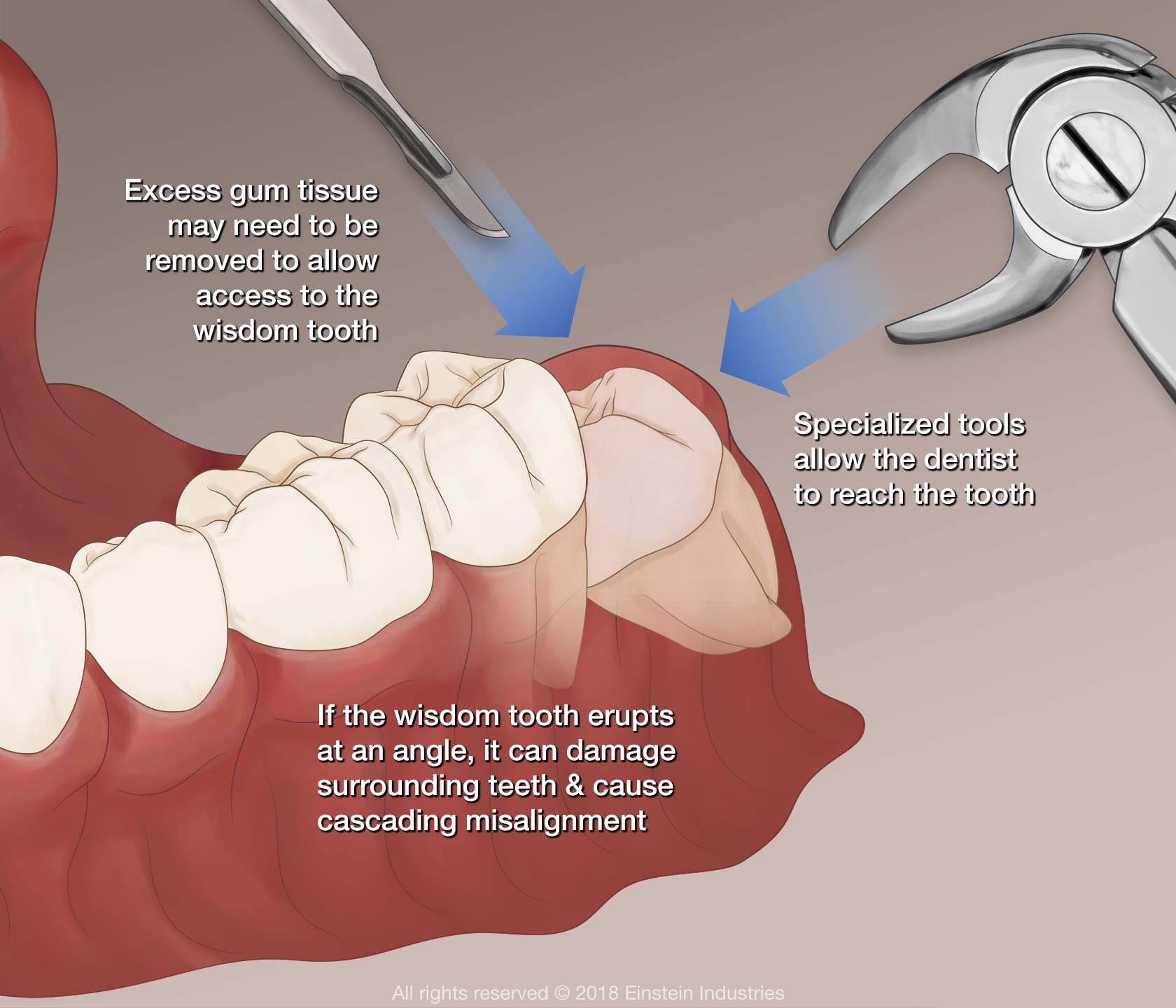
Oral & Maxillofacial Surgery
An oral and maxillofacial surgeon (OMS) focuses on treating diseases, traumatic injuries, and defects in the head, neck, face, jaw, and soft tissues of the mouth.
OMS specialists are surgically trained in hospital residency programs, giving them advanced experience with a number of conditions.
When do I need to see an oral and maxillofacial specialist?

- Abnormal Frenulum
- Broken Teeth
- Bruxism
- Congenital Defects of the Jaw
- Cysts
- Excess Gum Tissue
- Facial Asymmetry
- Facial Pain
- Face or Head Trauma
- Gum Recession
- Head & Neck Cancer
- Impacted Canines
- Jawbone Atrophy
- Lesions
- Malocclusion
- Missing Teeth
- Nerve Damage
- Oral Cancer
- Oral Lesions
- Periodontal Disease
- Root Canal Infection
- Scarring
- Sleep Apnea
- TMJ Disorder
Superior Surgical Skill for Safe, Precise Treatment
Advanced Surgical Training
Most oral surgeons undergo about four to six years of additional training in comparison to a general dentist. This includes participating in a medical residency program. As such, they are extensively knowledgeable about a broad range of conditions and are equipped with advanced surgical skills to address these issues.
Unparalleled Skill & Precision
Due to their extensive training, oral surgeons know the best techniques not only for an optimal outcome but to minimize your risk of complications. Their surgical skill affords them the ability to make informed decisions when planning and performing your treatment for safe, high-quality care. For these reasons, dentists will typically refer patients to an oral surgeon for a complex procedure.
Reconstructive & Cosmetic Capabilities
This is especially important for patients who have experienced facial injuries. Oral surgeons are typically capable of performing reconstructive and aesthetic surgeries to help you restore your appearance after an accident.
- Apicoectomy
- Biopsies
- Crown Lengthening
- Cyst Removal
- Bone Grafting
- Dental Implants
- Facial Aesthetic Surgery
- Frenectomy
- Full Mouth Reconstruction
- Gingivectomy
- Gum Grafting
- Jaw Surgery
- Pre-Prosthetic Surgery
- Reconstructive Surgery
- Ridge Augmentation
- Root Amputation
- Scar Correction
- Sinus Lift
- Socket Preservation
- Soft-Tissue Grafting
- Surgical Treatment for Sleep Apnea
- TMJ Disorder Treatment
- Tooth Extraction
- Trigeminal Nerve Repair
Wisdom Tooth Removal Can Protect Your Oral Health
Tools & Technology Used by Oral Surgeons
To visualize your bio-structures and precisely plan an upcoming surgery, your doctor may use tools such as:
- 3D printing
- Cone beam CT imaging
- Dental implant surgical guide
- Digital impressions
- Digital x-rays
- Intraoral cameras
Additionally, lasers and surgical guides are commonly used during procedures. These tools allow your surgeon to provide a more accurate diagnosis, better treatment planning, and optimal outcomes.
The Value of Expert Surgical Care
"Your oral and maxillofacial surgeon (OMS) has the specialized education and training in the complexities of the bone, skin, muscles and nerves involved, to ensure you get the best possible results. " American Association ofr Oral and Maxillofacial Surgeons
Do Oral Surgeons Only See Referred Patients?

Ensure You Receive the Highest Level of Care
Undergoing surgery is an important decision that can significantly impact your health. An oral and maxillofacial surgeon can ensure that every aspect of your procedure is performed to the highest treatment and safety standards, schedule your consultation today.






